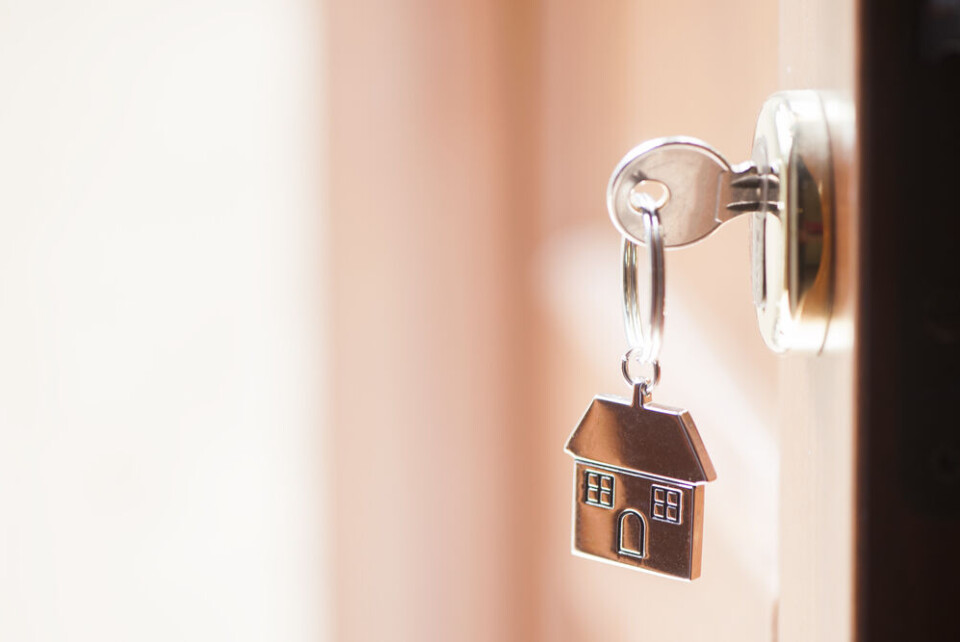-
Hosting scheme in south-west France lets newcomers sample lifestyle
Households in nine Dordogne communes volunteer under Mes Nouveaux Voisins scheme
-
How long does it take to sell property in different areas of France? New study
Many major cities are showing signs of recovery when it comes to supply, demand, prices, and time to sell
-
Seller and buyer bypass contracted estate agent - and land €30,000 penalty in France
The Bordeaux Court of Appeals rules a buyer and seller who avoided estate agent fees must pay compensation
Couple land French tax bill after developers’ ‘completion date error’
In addition, they should have been exempt as their property was a new-build

A couple in the south of France received a 2023 taxe foncière bill for their new home despite not living in it - or even owning it - at the appropriate time.
In a second error they should have been exempted from paying for two years as the home is a new-build.
An error over the declaration of the property’s completion by the developer led tax officials to believe the home was inhabited from December 2022, thus making the couple eligible to pay the tax (it is imposed on people owning property on January 1 of the tax bill year).
Disagreement over ‘completion date’
The developers (Cogedim) stated the building in Nîmes was “completed” in December 2022 and gave this date to the tax authorities.
In a sense, this was correct, as all works were finished by that date.
However, the ‘completion’ of the sale (the transfer of funds from buyer to seller) did not take place until April 2023. The property’s syndic claimed this is when the couple truly became owners and eligible to pay property tax, reports Midi Libre.
Even without this, the couple should not have been paying property tax.
Article 1383 of the French Tax Code states that “new buildings are exempt from property tax (taxe foncière) for two years, starting on January 1 following the date of completion (the declaration must specify whether completion concerns all or part of the work).”
The couple were initially made to pay the bill. However the tax authorities ruled in their favour in a subsequent review and said they will send out a rebate.
Read more: Local tax bills sent in error to thousands of homes in France
Exemption is not always in place
Although in this couple’s case the taxe foncière exemption will continue into 2024’s tax year, it is not always the case.
Local authorities can limit the exemption, making up to 60% of the tax still payable.
Those buying a new-build property should check the rules on taxe foncière exemptions with their mairie.
In addition, to benefit from the exemption, it is necessary to declare the completion of the property within 90 days to the local tax authorities.
You can read more about the tax in our explainer article below.
Related article
Taxe foncière explainer: Who pays and the exemptions
























